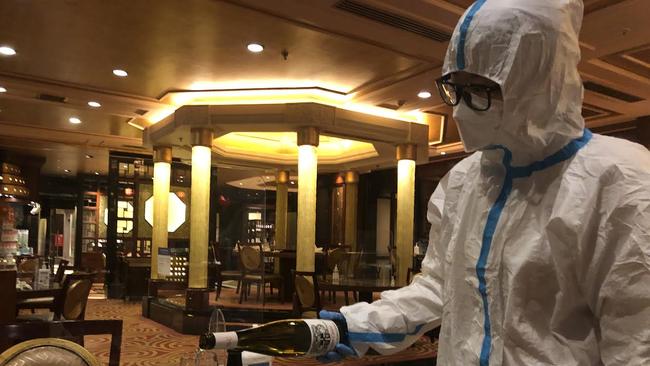
I will never forget the encounter with the journalist from Xinhua that ended in tears.
Between sobs she had asked: “Why couldn’t we show the world that Australia and China could get along?”
It was near the end of week one. We were in the giant airport terminal-sized “Main Media Centre”, the sterile heart of the Olympics bubble.
I was preparing a story on Australian journalist Cheng Lei, who had been nabbed 18 months earlier by Chinese security agents a few suburbs away.
The Xinhua journalist – who I had met the other night at the short track speed skating – was trying to get a foreigner to appear on her web show. She had a heartwarming video in mind.
A camera team would film us learning a dance routine for “Together for a shared future”, China’s slogan and theme song for the Games. It would show how the Beijing Olympics was bringing the world together.
“What do you think?”
I said I didn’t think it would be a good idea.
Cheerfully, she tried a few more times. Then the bubble burst.
I brought up Cheng. I told her about the security concerns the mother of two’s detention had triggered in Canberra, which meant – outside the unreality of the Olympic Games – no Australian media was now based in China.
The Xinhua reporter said she didn’t know about any of it. Then we spoke about a host of issues we could never address on her Xinhua program, or on any show, in any corner of China’s suffocated media.
She started crying, saying she wished things were different.
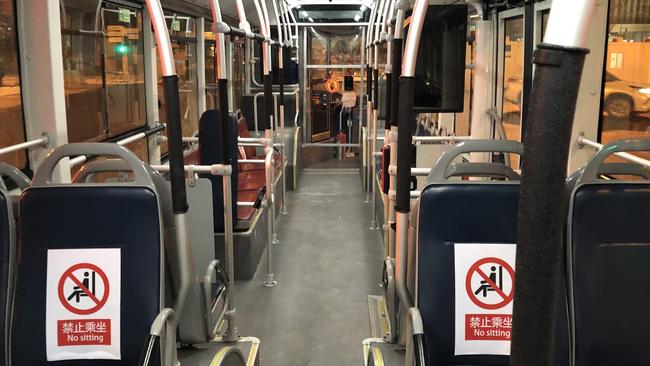
Something was missing
If you can believe the number quoted in the People’s Daily, there were more than 300,000 police stationed for the Games – just less than the population of Canberra.
The ubiquitous security officers made sure we stayed behind the fences that cordoned off the cluster of venues from China’s capital.
That enormous security presence – along with a rigorous testing system – stamped out Covid from the Olympic bubble, no small achievement.
It also made Beijing’s Olympic park a desolate place – one a world away from the “fantastic, extraordinary and excellent” Games presented in Chinese state media.
Outside the windows of the buses that ferried us between Olympic venues, life on the other side of the bubble was much more normal.
Beijing’s streets were bustling. Many people weren’t wearing masks, or they had them tucked under their chins – no strange thing when daily Covid cases in the city of 21 million people were zero or thereabouts.
I caught a lot of buses – most of them empty, save for me and the driver behind Plexiglass – so I could peer into some of my favourite Beijing neighbourhoods.
One day, as we approached Ritan Park, I realised something was missing. I hadn’t seen a single foreigner as I peered out my bus window at what was one of Beijing’s most expat-friendly neighbourhoods.
China’s capital was hardly cosmopolitan when I moved there in January 2020. Its streets now were stunningly monocultural.
“Please don’t join the queue!”
China seemed to be enjoying its pandemic insularity.
In the world outside, fear that Russia would invade Ukraine loomed over the Games.
In Beijing, the biggest anxiety was over supplies of the official Games mascot, a chubby, genderless panda named Bing Dwen Dwen. Chinese state media had been filled with stories about the mascot’s popularity.
The fat panda was a sensation at the flagship Olympics souvenir shop, just outside the bubble.
“Sold out! Please don’t join the queue! Sold out! Please don’t join the queue!” yelled a staff member at the shop over a loudspeaker. Only weeks earlier, the same store had been empty.
Now people were queuing overnight, in freezing Beijing, for Olympics memorabilia.
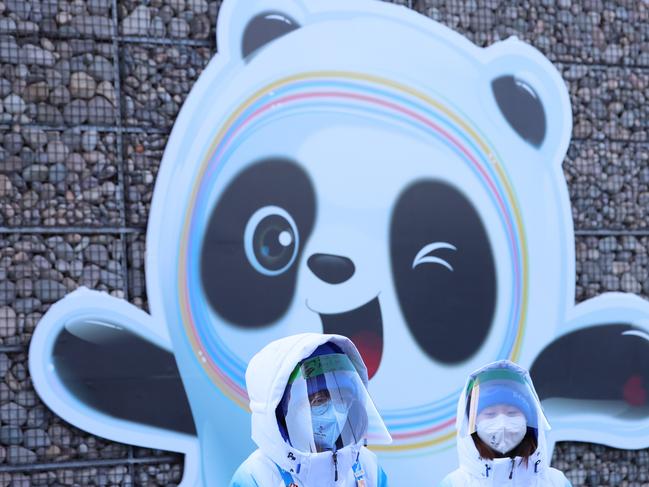
Halfway in the queue, with hours of waiting in front of him, was Lu Qun, a father on an important Olympic assignment.
“My daughter passed down the order. What can I do about it?” he said with paternal resignation.
Emerging from the shop was Xu Yong, 30, smiling in the bitterly cold wind.
Xu, a businessman, had bought a gold Bing Dwen Dwen for his wife.
“I waited in the queue for 15 hours,” he said, proudly.
The couple married in January, after a one-year delay because of the pandemic.
They will soon honeymoon in Tibet. The newlyweds plan to take photos of themselves with the mascot at Tibet’s most famous tourist spots.
“The souvenirs are for the Olympics and for my marriage,” he said.
“Follow the party”
When I checked in at the Beijing Tibet Hotel, I had to wonder, was someone having a laugh?
China had assigned it as a designated Olympic hotel for me and journalists from around the world.
The hotel was run by the government authority responsible for what, like Xinjiang, is euphemistically called an “autonomous region” of China.
Tibet is out of bounds to foreign journalists. My minder at the Foreign Ministry explained that to me when I arrived in 2020, for what I thought would be a five-year posting.
“We hope that you visit all of China,” he said, before correcting himself. “We hope that you visit most of China.”
Tibet, he explained, was off limits.
The Tibet Hotel had its charms. The staff were wonderful. The yak burger was not to be missed, if only so you can say you’ve had one.
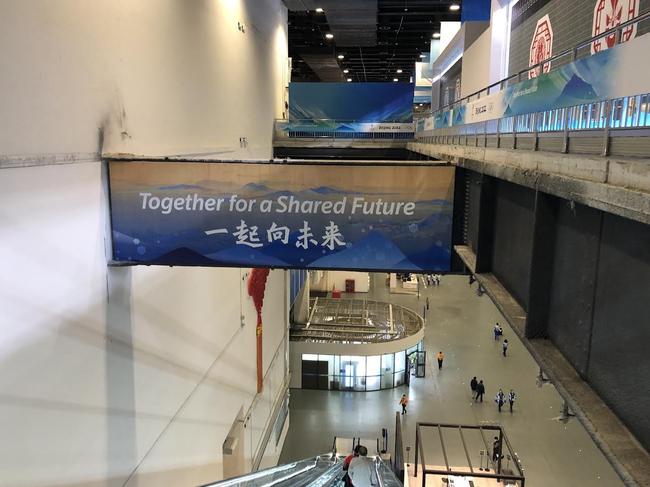
And I highly recommend a visit to the museum wing on the second floor, which explained all the kindness the Communist Party has shown to the people of that previously benighted region.
“In old Tibet, serfs and slaves suffered cruel class oppression and lost their basic dignity as human beings, let alone any political rights,” it explained. “The whole society (had) been dominated by theological thoughts and superstitious beliefs.”
That’s all in the past.
In the Xi era, as the museum explained, Tibetans are liberated: “The people of all ethnic groups in Tibet have truly become master of the nation, society and their own destiny.”
For further proof, there was a picture of Xi Jinping standing next to a smiling Tibetan; and here another of Xi waving during his tour last year to Tibet’s capital, Lhasa.
“Follow the party,” he instructed on that rare visit.
“It’s really amazing!”
Back in the bubble, our hosts had arranged all sorts of Covid theatrics.
The head-to-toe all-white hazmat suits made sense, to me at least, at Beijing’s international airport. They seemed a bit over the top on the staff serving Peking duck and wine in a restaurant inside the bubble.
The robots were a nice touch.
After a trip to the skiing venues northwest of Beijing, I opened my hotel room in the ski town to be greeted by something out of Star Wars.
“Hello, this is your service robot.”
R2-D2’s stomach cavity opened, presenting scrambled eggs, toast and a black coffee.
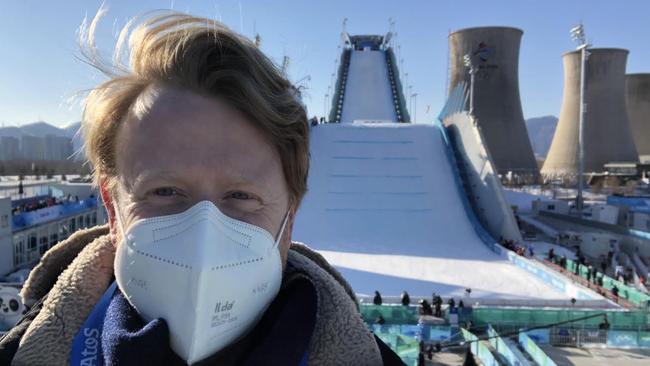
But the real bubble highlights were the Olympic volunteers.
They were selected from Beijing’s most elite universities in a highly competitive process.
Before their entry, they did more than 20 hours of training. While they were unpaid, this was a prize, not a hardship post: a useful notch on their resumes as they apply for elite jobs, or to join the party, or both.
Talking to them – whether about Eileen Gu, Taiwan, Covid or China’s place in the world – was to hear the voice of the future elite of this rising power, one convinced that this is their moment.
I often felt I was at a different Olympics to them. I saw mostly empty stadiums. The volunteers saw a triumphant gathering of the world in China’s capital.
I was appalled when Peng Shuai was paraded through the bubble during the first week. They said they didn’t know anything about her.
I found the selection of the only Uighur athlete on the Chinese team to light the Olympic torch deeply disturbing.
The volunteers told me the opening ceremony was “perfect”, “amazing” and “historic”, and I believed them. I had watched them – gasping with joy – as they streamed it back to their families, live from the Bird’s Nest, China’s national stadium.
On my last night in Beijing, one got in touch to share some great news.
He had been selected to sing “Together for a shared future” – that song again – in front of International Olympics Committee president Thomas Bach.
“I’m the delegate of my school,” he told me, clearly chuffed.
His school is one of the feeder universities in Beijing for China’s Foreign Ministry.
If all goes to plan, in the next year or two he will go on a university exchange to Paris (“It’s so romantic!”).
Then, he will represent China as a diplomat in the late Xi era, or the era of whoever comes after.
For now, he was ecstatic at the thought of singing for the IOC boss at the Beijing Olympics.
Whatever the rest of the world made of it, he was living his China dream.
“It’s really amazing!” he said.



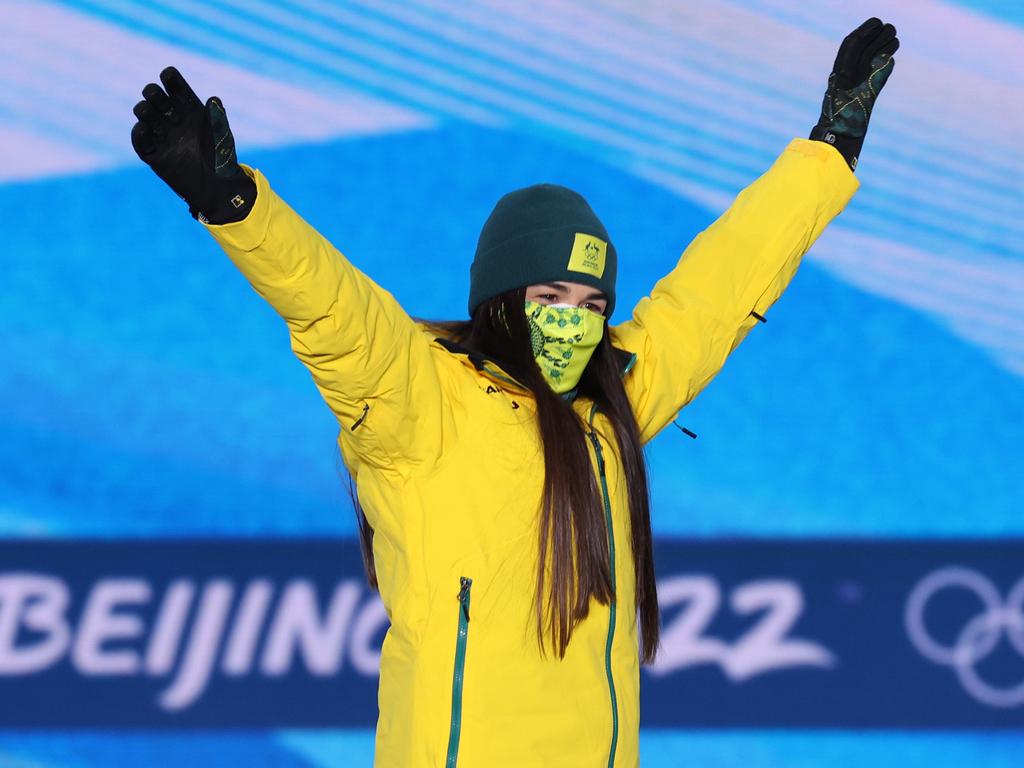
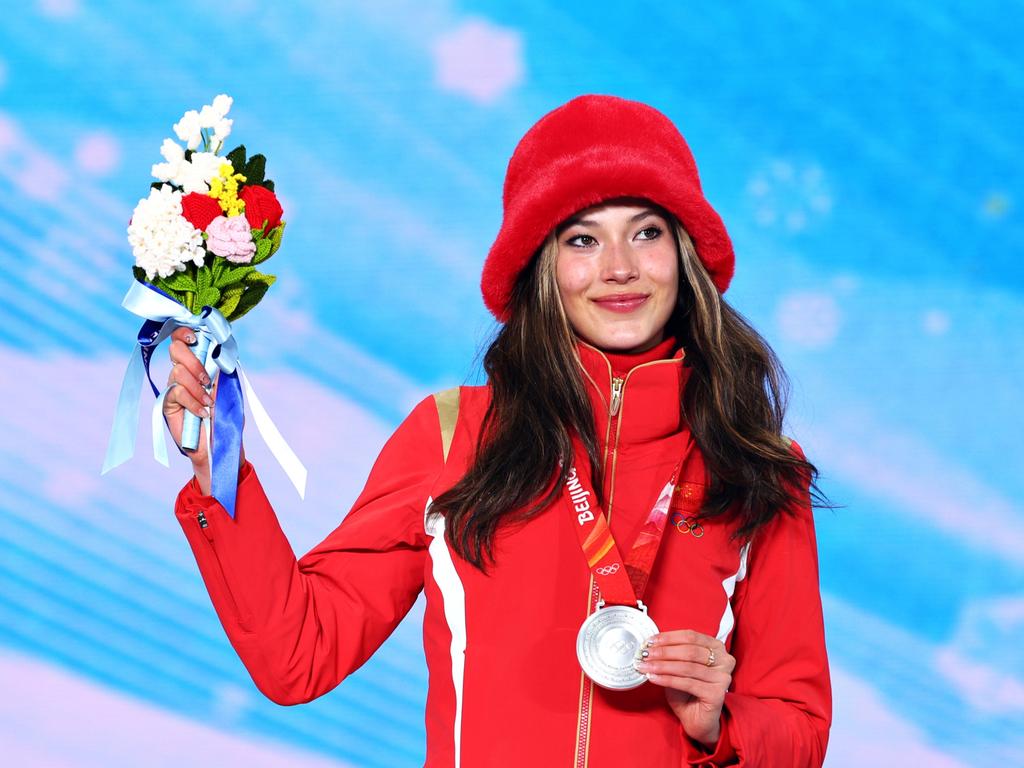


I didn’t think it was possible, but my visit to the Beijing Olympics fantasyland has left me even more depressed about China.